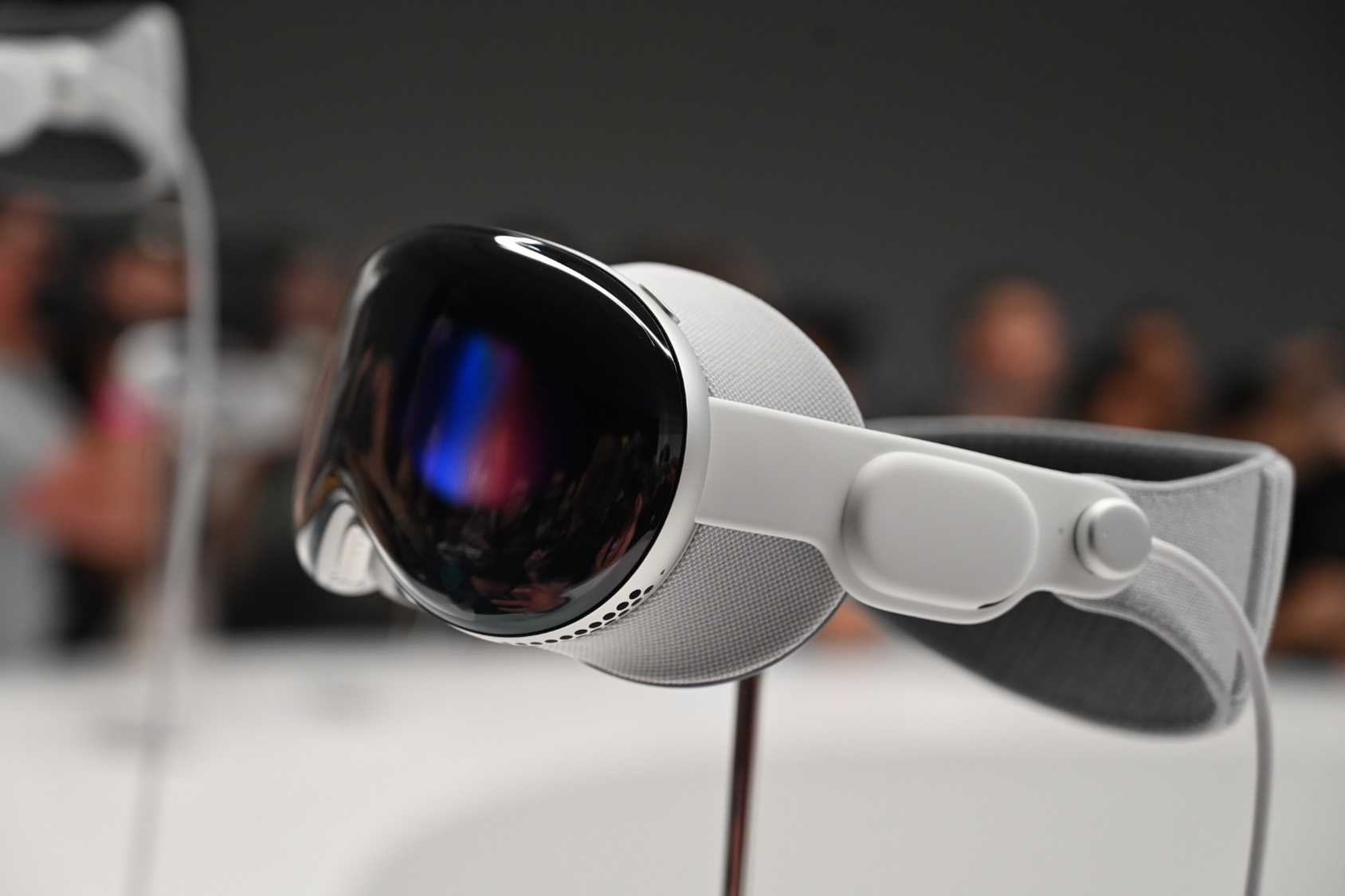When it comes to the Apple Vision Pro , I’ve had my fair share of things to say. Not all of them kind. I’ve called it everything from a $3,500 dev-kit , to something uglier than a monkfish . In part, it’s because I see Apple’s first-gen VR/AR headset as a poor investment. But also, irreverence is just plain old more fun, and it’s my lighthearted way of getting across my bemusement and concern about the device.
However, that’s just my opinion. What I might think is irrelevant to those who feel like they can get their money’s worth from the product. Further still, if go-to Apple analyst Ming-Chi Kuo’s calculations are anything to go by, then, regardless of what anybody thinks, the Apple Vision Pro is already a success.
Powerful preorders for the Vision Pro
In a post shared to Medium , Kuo estimated that Apple have likely sold 160,000 to 180,000 Vision Pro units since preorders began. Not only that, Kuo also believes that it shouldn’t be difficult for the Vision Pro to reach 500,000 units shipped by the end of the year.
That may not sound like a great deal in the face of Meta ‘s success with Quest headsets totaling to nearly 20 million units shipped, many of which being the Meta Quest 2 . However, Kuo believes Meta’s latest Quest 3 headset is only projected to ship around 1 million units this year.
Given that the Vision Pro is up to five times more expensive than the Meta Quest 3 and is the first device of its kind from Apple (meaning no prior user-base to draw from), this is a more than impressive outcome — for Apple, at least.
The numbers don’t lie
With those numbers and a $3,499 starting price in mind, Apple is looking at a projected gross income of at least $550 million. Given than the VR market purportedly raked in a cumulative $664 million in 2023 sales , Apple may have effectively doubled the market in a single weekend — with the rest of 2024 still to go.
VR has been ‘mid’ at times , never quite getting out of the blocks the way it was expected to. The fact that the Vision Pro is drumming up so much attention is bringing new eyes and ears to the scene, and could help with VR’s make-or-break 2024 .
(Image credit: Future)
Time to eat humble pie?
Has any of this changed my mind about the Vision Pro at all? No.
I still see it as an enthusiast-level option with an enterprise price tag being sold to relative newcomers. It’s a bit like passing your driving test and instantly buying a Bugatti — while you can’t deny the cool factor, it’s expensive, costly to repair, and, while it might blitz around a race track, you’re highly unlikely to get it out of second gear as you pull out of a Walmart parking lot.
Call it “spatial computing” if you insist, but the fact of the matter is that this is simply Apple marketing speak for “It doesn’t sound like we invented something new if we call it a VR/AR headset.” It’s an aggressive tactic (and not one unique to Apple) designed to fool you into thinking you’re stepping into VR 3.0, when the actual experience isn’t all that dissimilar to current market offerings.
Does that mean I hate what Apple is offering up? Not at all. Never have, in fact. The tech behind it is fantastic. And, while the software might lack, there will almost certainly be developers falling over themselves to fill in the gaps post-launch. My concerns over the Vision Pro come from a purely consumer point of view: mainly, it’s a $3,499 shell with a $999 experience inside.
Outlook
Should Kuo’s numbers ring true, it would seem that the Vision Pro is already a success — at least in terms of numbers for the company and the market as a whole. When it comes to users, regardless of the NFT Bro levels of enthusiasm surrounding the device in certain circles, I still have my doubts.
If nothing else, Apple deserves incredible praise for yet another fantastic marketing campaign. Even knowing the capabilities of similar devices, when Apple describes the Vision Pro in presentations, they do an incredible job of making people so plainly aware of particular features that you’d be forgiven for thinking it was the first time they were being seen. It’s easy to have this feel like a whole new medium, even though it absolutely isn’t.
It is, however, a medium in desperate need of mainstream adoption — by users and developers alike. Apple’s preorder successes could give this market the shot in the arm it needs, and help it to gain a grip on mainstream audiences. For that I can do nothing but thank the Cupertino crew. A rising tide lifts all boats, after all.







